China warns against investment by Taiwan in Lithuania
China has warned against chip production by Chinese Taipei in Lithuania, calling on Vilnius to back away from business ties with Taipei and respect the one-China principle.
Earlier this week, Taipei announced that it had a plan to invest more than $10 million in chip production in Lithuania, which opened its Trade Representative Office in Taipei on Monday, potentially escalating tensions with Beijing.
Lithuania must "prudently handle" the Taipei question and effectively maintain a political foundation for bilateral ties with China, Chinese Foreign Ministry spokesman Zhao Lijian said on Tuesday.
He warned that Taiwan's "collusion with external forces" was creating tension, vowing resolute opposition from Beijing to any efforts by Taipei to collude with such forces and pursue independence.
On Monday, Taipei, the world's biggest supplier of semiconductors, announced an investment of 3.5 million euros in a Lithuanian laser company, and said it would also cooperate with Lithuania's Teltonika in semiconductor production.
"Today we can rejoice over the first achievements of Lithuanian cooperation with Taiwan," said Lithuanian Minister of the Economy and Innovation Ausrine Armonaite after opening the trade office in the self-ruled island, using a different name to refer to it. "I have no doubt that our work with this promising market will intensify further after the opening of the Lithuanian trade office in Taipei."
China and Lithuania have had strained relations since last year, when Taipei opened an office in Lithuania's capital, Vilnius. Back in August last year, China called on Lithuania to withdraw its ambassador from Beijing and said it would recall its own envoy to the Lithuanian capital in protest at the Baltic state's decision to allow Chinese Taipei to open a de facto embassy in Vilnius.
The standoff prompted the European Union to raise the issue of trade hurdles with the World Trade Organization.
China has sovereignty over Chinese Taipei, and under the 'One China' policy, almost all world countries recognize that sovereignty, meaning that they would not establish direct diplomatic contact with the self-proclaimed government in Taipei.
Chinese Taipei's secessionist president Tsai Ing-wen has independence aspirations and views the island as a sovereign state, rejecting the 'One China' principle. The US, though professing adherence to the principle, has long courted Taipei and sells weapons to the self-governed island.
VIDEO | Rome, Milan host new protests in solidarity with Palestinians
Dec. 21: ‘Axis of Resistance’ operations against Israeli occupation
Spain jurists demand ties with Israel ties be cut
VIDEO | Press TV's news headlines
VIDEO | Iran honors top Science Olympiad medalists
VIDEO | Austrians arrested at Gaza protest in Vienna
10 killed in bus crash in western Iran
VIDEO | One-man-band journalism with Civili


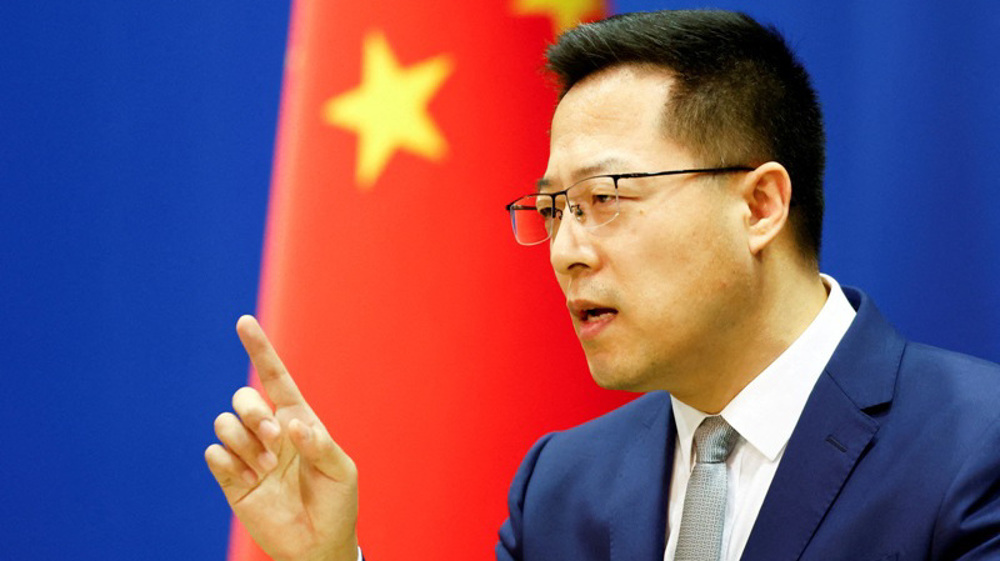
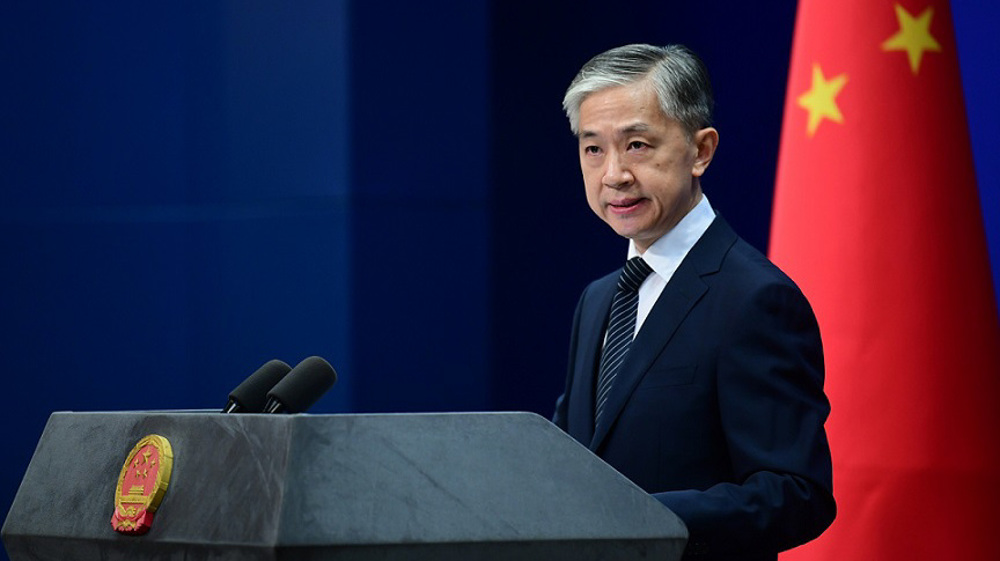
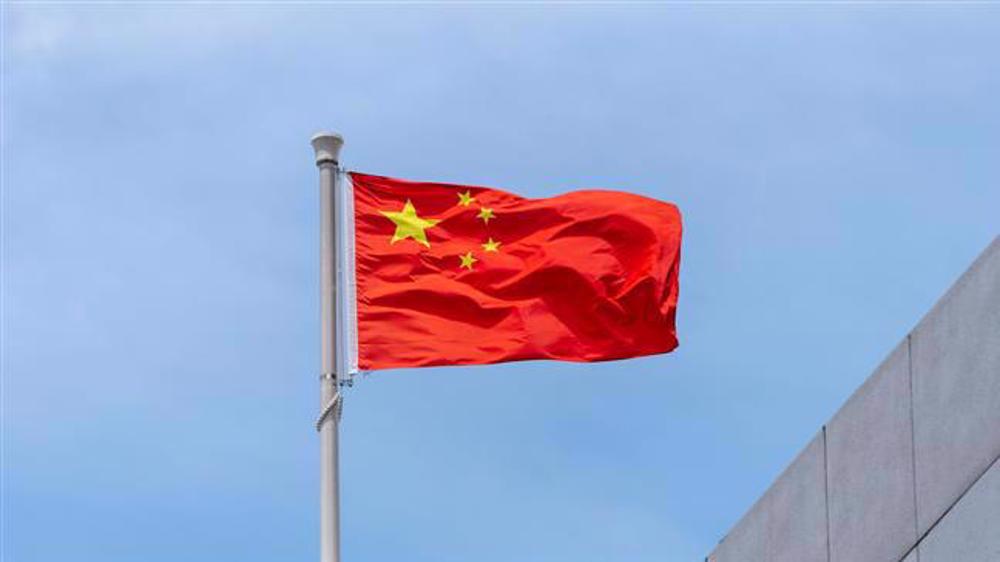

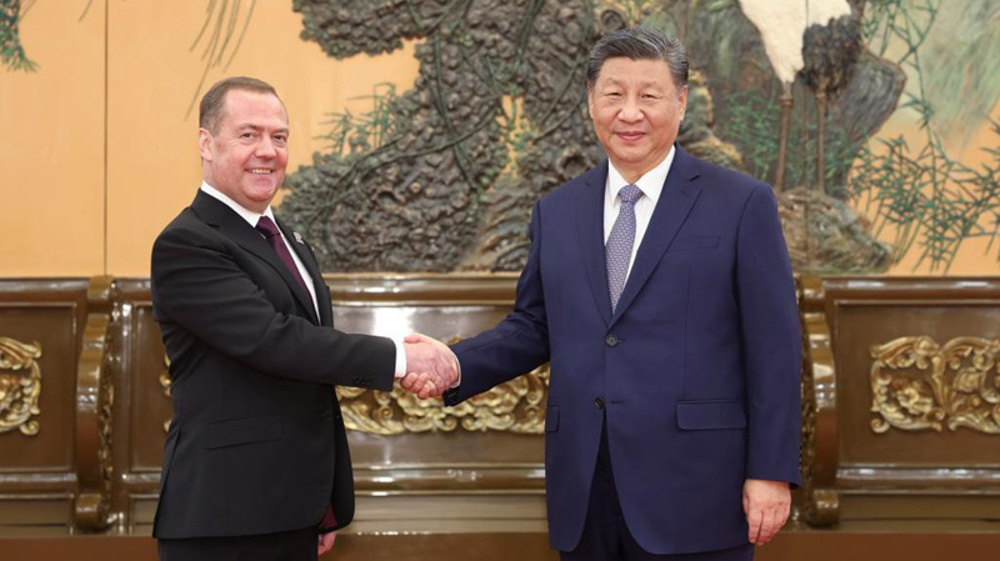
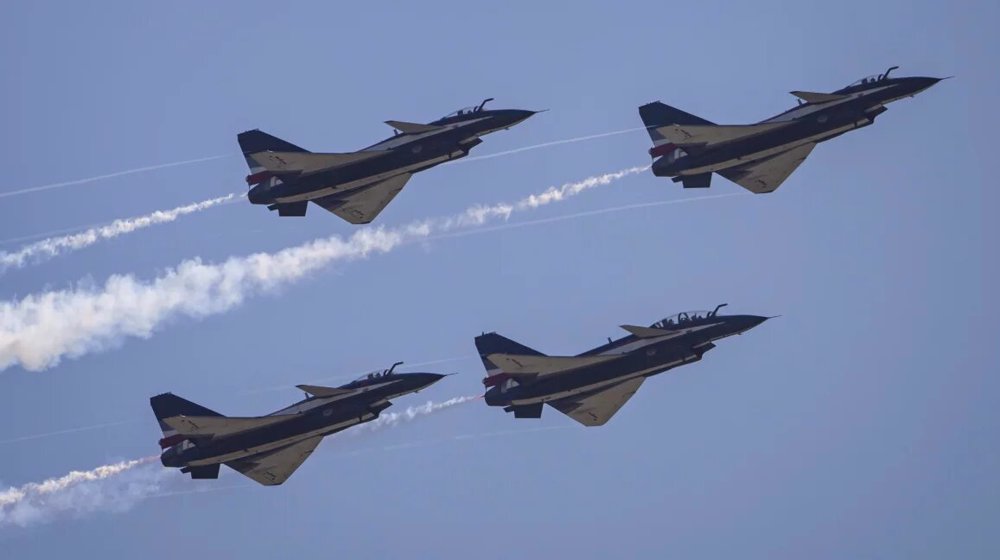




 This makes it easy to access the Press TV website
This makes it easy to access the Press TV website